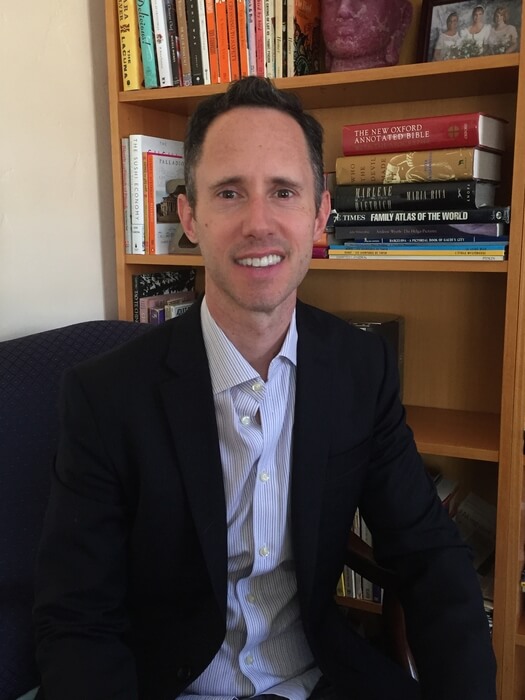Most typically, a consultant asks question to gather data and uses their expertise to provide a solution to a client’s problems. Consultants (and some therapists) sometime use a coach’s approach.
In the end, consultants and therapists give advice. A therapist might diagnose a client and a consultant might diagnose a situation, both will provide suggestions and solutions.

